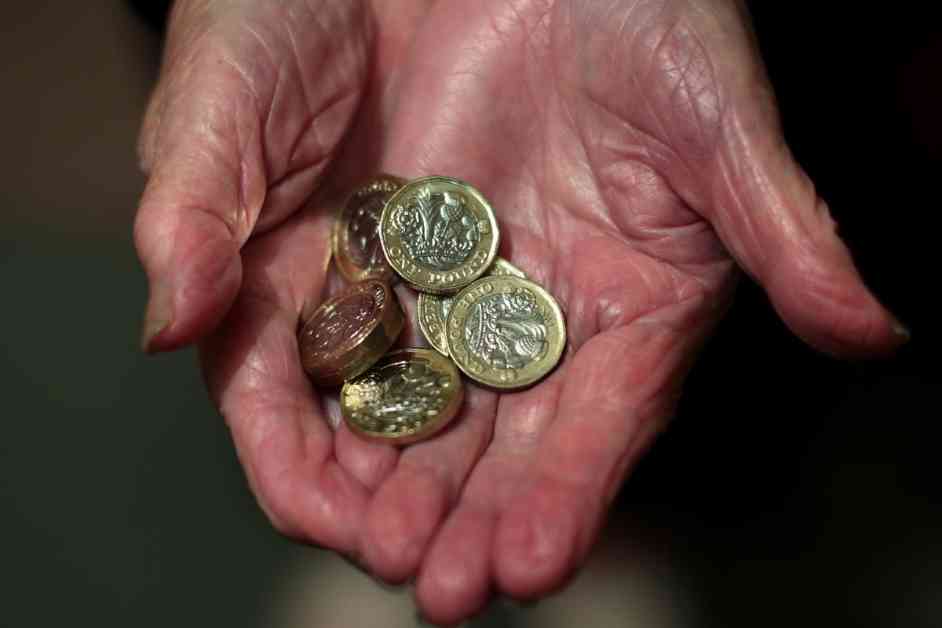Sir Keir Starmer remains resolute in his stance on cutting winter fuel payments, despite facing potential opposition from some members of his own party in the Commons. The Labour leader acknowledged that the decision to scale back the winter fuel payment was a difficult one, but emphasized the need to prioritize economic stability and secure the foundations of the economy.
Backbench Revolt
The Prime Minister’s decision to strip all but the country’s poorest pensioners of the winter fuel payment has sparked criticism from unions and some Labour MPs. This move has caused unease among certain Labour backbenchers, who have expressed reservations about voting with the Government on Tuesday.
Sir Keir Starmer addressed the concerns during a meeting with Scottish lobby journalists in Downing Street, acknowledging the tough decision that had to be made. He stated, “Let me first recognize this is a really tough decision that we’ve had to make.” Despite the challenges, he emphasized the importance of Labour’s commitment to economic stability and securing the foundations of the economy.
Chancellor Rachel Reeves announced the decision to reduce winter fuel payments in July as part of a series of measures aimed at addressing a £22 billion “black hole” in the public finances. Sir Keir emphasized the necessity of making tough decisions in the face of economic challenges, stating, “If you’re asking whether I recognize it’s a tough decision, I absolutely recognize the tough decision.”
Opposition Within Labour
The decision to cut winter fuel payments has not been without opposition within the Labour party. A motion put forward by Neil Duncan-Jordan, calling on the Government to delay implementing the cut, has garnered support from 17 Labour MPs. Additionally, six of the seven MPs who lost the party whip in July after voting against the King’s Speech have backed the motion.
Sir Keir Starmer addressed concerns about potential repercussions for MPs who vote against the cuts, stating that it is “a matter for the chief whip.” The Prime Minister’s spokesperson confirmed that there was no dissent among ministers over the planned cut during a Cabinet meeting, and the Chancellor’s spokesperson noted strong support for the decision among MPs during a parliamentary party meeting.
Impact of the Cuts
The planned cut to winter fuel payments will limit the allowance to pensioners claiming pension credit or other means-tested benefits. This change is expected to reduce the number of pensioners receiving the payment from 11.4 million to 1.5 million, saving approximately £1.4 billion this year. Most of those affected by the cut are expected to be pensioners claiming pension credit.
Unite union general secretary Sharon Graham criticized the decision, accusing Labour of “picking the pocket of pensioners.” She called for a wealth tax as an alternative solution to raise funds. The Prime Minister defended the measures as necessary for stabilizing the economy and ensuring the sustainability of programs like the triple lock, which guarantees annual increases to the state pension.
Chancellor Rachel Reeves highlighted the impact of maintaining the triple lock, estimating that it would increase the value of the state pension by around £1,700 by 2029. The triple lock ensures that the state pension rises each year by the highest of either inflation, wage increases, or 2.5%.
In conclusion, the decision to cut winter fuel payments has sparked debate and opposition within the Labour party. Despite facing potential resistance from backbenchers, Sir Keir Starmer remains committed to prioritizing economic stability and securing the foundations of the economy. As the debate continues, it remains to be seen how the issue will be resolved and what impact the cuts will have on pensioners across the country.












